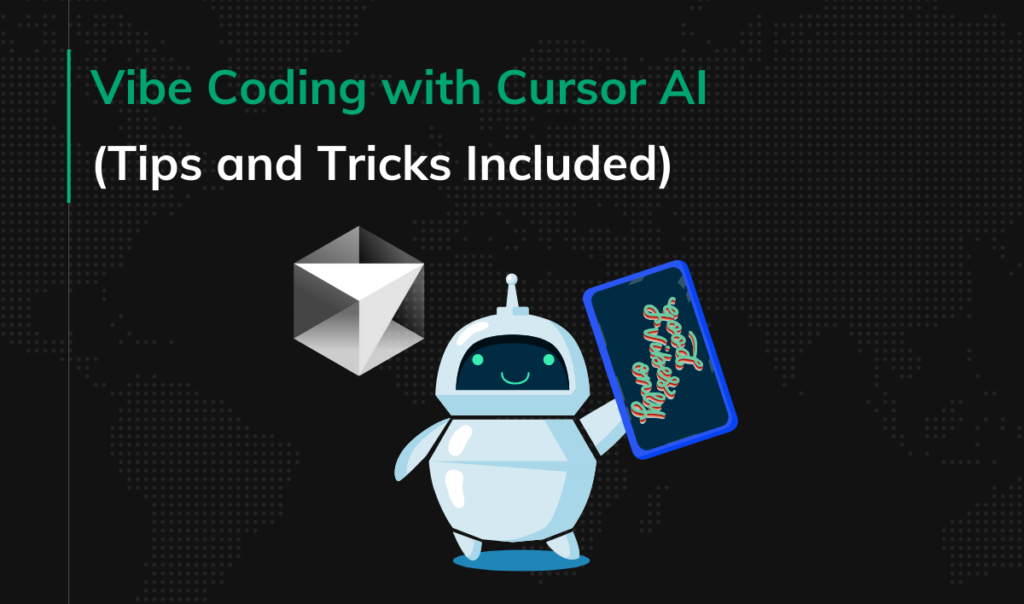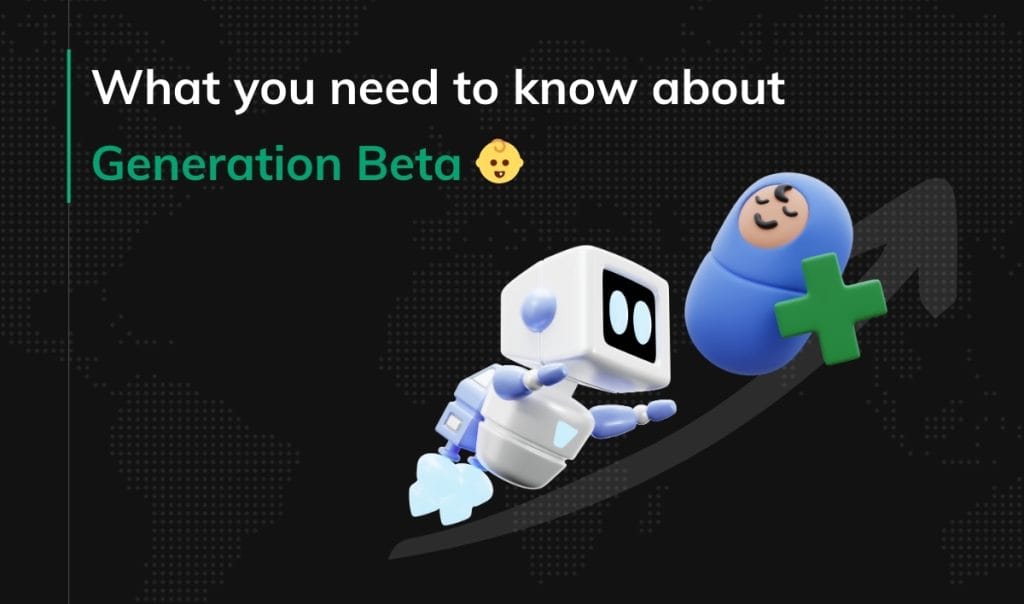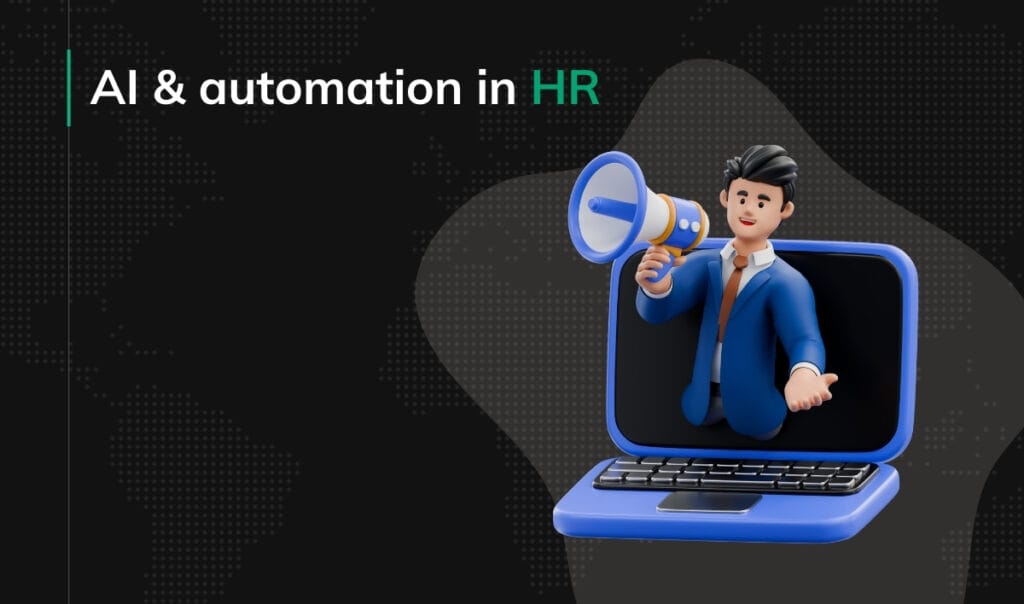
AI in Education: Bringing Teachers Closer to EdTech

In January 2025, Pragmatic Coders collaborated with the European Projects Development (EPD) to deliver AI workshops for Lithuanian educators. EPD approached us with the initiative, and we were pleased to host the sessions at our Krakow office. As part of an Erasmus+ mobility project, 12 teachers participated in the training.
The workshops focused on practical applications of AI in education. Participants explored how AI can enhance lesson planning, improve student engagement, and refine teaching strategies. Additionally, they gained insights into how AI is leveraged in business to address challenges and drive efficiency. The sessions offered a comprehensive and hands-on experience, bridging education and real-world applications.
Project Overview: Addressing EPD’s Goals
Context and Educators’ Needs
EPD approached us with a clear objective:
- Show how AI can be used in education to improve lesson planning, student engagement, and critical thinking
- Demonstrate AI’s impact in real commercial settings, particularly through practical examples from a software development perspective
- Address concerns about AI “replacing” teachers or undermining students’ own learning processes
Key Barriers Identified
From EPD’s perspective, the main hurdles involved:
- Limited awareness of how AI technologies (like Large Language Models) actually work
- Uncertainty about effective AI-based tools for lesson planning, grading, or knowledge checks
- Fear of over-reliance on AI, leading to reduced critical thinking among students
- Concern over potential job displacement or “Terminator” scenarios (autonomous systems going out of control)
- Lack of consistent guidance or policies on AI usage in formal education environments
Challenges in Modern Education and Opportunities with AI
Today’s education landscape faces several hurdles:
- Limited Time and Resources: Teachers often juggle lesson planning, grading, and administrative tasks under tight schedules.
- Student Engagement: Younger learners expect interactive content and immediate feedback, making traditional methods less effective on their own.
- Diverse Learning Styles: One-size-fits-all approaches do not always address each student’s individual needs.
- Rapid Technological Growth: Educators can struggle to keep pace with emerging tools and best practices.
AI offers solutions to many of these problems:
- Efficiency: Tools like AI-generated lesson outlines free up teachers’ time.
- Personalization: Adaptive learning platforms help tailor activities to different skill levels.
- Enhanced Feedback: Real-time insights from AI-driven assessments allow teachers to address gaps more quickly.
- Scalability: Digital tools can be shared widely, ensuring consistent instruction across multiple classes or schools.
By blending technology with human expertise, educators can balance innovation with personal mentorship—creating a more engaging and effective learning environment.
AI Agents in Education: A Glimpse Into the Future
As part of our workshop, we introduced the concept of AI agents to highlight their transformative potential in education. These intelligent software systems go beyond basic AI tools, offering dynamic solutions that can adapt to various educational contexts. This aligns closely with the challenges educators face today and the opportunities AI presents for addressing them.
AI agents represent a natural evolution in the use of technology in schools. By focusing on personalized support and intelligent automation, they can enhance both teaching and learning. Below, we explore how AI agents integrate into modern education and why they matter.
What Are AI Agents?
AI agents are advanced programs designed to perform tasks, learn from interactions, and make decisions based on data. Unlike static tools, AI agents continuously adapt, allowing them to respond to a wide range of educational scenarios. Their flexibility makes them invaluable in tackling repetitive tasks, supporting students, and delivering actionable insights to teachers.
Practical Use Cases for AI Agents
- Personal Tutoring and Assistance
AI agents can act as virtual tutors for students, answering questions, providing guidance, and offering hints on assignments. Their ability to adapt to a student’s learning pace ensures personalized support tailored to individual needs. - Classroom Management
Teachers can use AI agents to automate tasks like tracking attendance, scheduling reminders, or monitoring homework submissions. By handling these routine processes, educators gain more time to focus on engaging with students. - Resource Aggregation
When connected to school databases or repositories, AI agents can quickly retrieve relevant materials for lesson planning or student research. This streamlines preparation and fosters deeper exploration of topics. - Feedback and Assessment
AI agents analyze student performance in real time, identifying strengths and areas for improvement. They provide teachers with actionable insights and recommend personalized interventions to help struggling students succeed.
Why AI Agents Matter in Education
The addition of AI agents has the potential to address many of the challenges outlined earlier in this case study:
- They reduce administrative burdens, giving educators more time to focus on teaching.
- They enhance student engagement by offering tailored learning experiences and real-time feedback.
- They bridge the gap between data and action, turning complex information into practical insights for teachers.
AI agents aren’t just a theoretical innovation—they are already being integrated into tools that support knowledge sharing, student assessment, and administrative efficiency. By incorporating them into classrooms, schools can foster an environment that blends innovation with effective teaching practices.
Workshop Approach: What We Prepared
To meet EPD’s needs, we held a one-day hands-on workshop on January 21, 2025. The workshop covered AI basics, advanced use cases, AI agents, and practical applications for classrooms. Its goal was to equip educators with actionable skills and inspire them to integrate AI into their teaching.
The workshop included:
- Foundational Concepts
- Differentiating between Machine Learning, Large Language Models (LLMs), and Artificial General Intelligence (AGI).
- Real-World Demos
- Presenting tools like GalaxyAI, Claude Projects, and custom GPTs for lesson-plan generation, content analysis, and language assistance.
- AI Agent Integration
- Demonstrating how AI agents can be used in scenarios such as automating lesson plan generation and refinement, providing instant feedback on student work, and creating personalized study paths using data-driven insights. These examples showed educators how AI agents could simplify their work and improve learning outcomes.
- Interactive Q&A
- Helping teachers explore scenarios relevant to their day-to-day challenges, such as evaluating student work produced with AI’s assistance.
- Ethical and Pedagogical Discussion
- Debunking myths about AI “cheating” and brainstorming strategies to encourage deeper student engagement.
Key Points
- AI as a Complement, Not a Replacement: These tools assist teachers rather than make them obsolete.
- Hands-On Demonstrations: We showcased real AI-driven workflows and no-code tools.
- Ethical and Practical Considerations: Discussions included data quality, misinformation, and potential biases.
- Fostering Critical Thinking: Educators were encouraged to push students to question AI outputs.
- Gradual Adoption: AI was introduced in manageable steps to reduce burnout risk.

Marcin Dziedzic during AI Workshops for EPD
Biggest Challenges in AI for Education
- Quality Control: AI relies on data that may be outdated or unreliable.
- Student Mindset: Some students think AI is always correct and fail to question outputs.
- Teacher Readiness: Many educators lack confidence or training to adapt their methods.
- Infrastructure Gaps: Not all schools have the policy framework or budget for AI-based tools.
Our Solution
We introduced a structured approach for EPD’s visiting educators to adopt AI practically:
- AI-Enhanced Lesson Plans: Teachers use tools to generate content outlines, then refine them with human insight.
- Adaptive Learning Platforms: AI captures classroom lectures and produces summarized notes, helping students focus on key points.
- Ethical Usage Guidelines: Setting boundaries on how students use AI for homework or projects, and verifying AI outputs.
Impact and Value for the Educators
- Time Savings: AI helps teachers create lesson materials faster, allowing them to focus more on their students.
- Improved Engagement: Students learn to use AI critically, comparing automated responses with human insights.
- Policy Readiness: EPD’s educators leave with clear guidelines for using AI responsibly in their schools.
- Long-Term Collaboration: Pragmatic Coders offers ongoing technical expertise, helping Lithuanian institutions lead in AI-driven educational innovation.
Conclusion
This workshop demonstrated how Pragmatic Coders can connect advanced AI with the practical needs of education. We addressed concerns about job loss, highlighted AI’s benefits, and stressed the importance of critical thinking. By using AI responsibly, teachers can save time, engage students more effectively, and create better learning experiences.
With practical tools, proven strategies, and innovative ideas, schools can adopt AI confidently. Our sessions with EPD helped Lithuanian educators understand how AI can positively impact both teaching and learning.
Contents
Let's talk
We’ve got answers on anything connected with software development.
Ask a question
You can ask us a question using the form below. We will respond as soon as possible.
Schedule a meeting
You can also schedule an online meeting with Wojciech, our Senior Business Consultant.

founders who contacted us wanted
to work with our team.
Check our AI-related articles

Newsletter
You are just one click away from receiving our 1-min business newsletter. Get insights on product management, product design, Agile, fintech, digital health, and AI.




